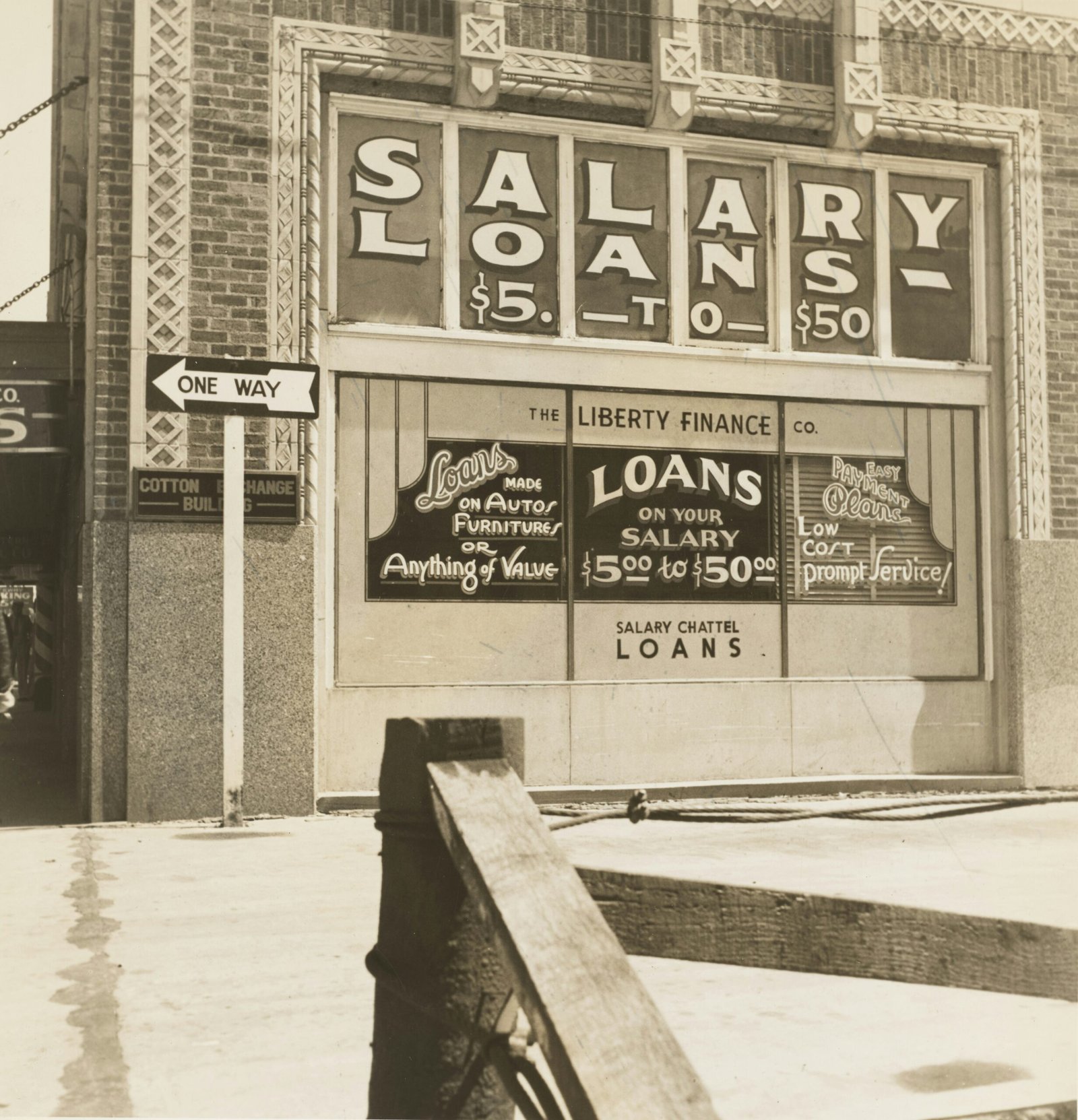Introduction
When it comes to borrowing money, there are various options available, and two common types of loans are secured and unsecured loans. Both types have their own advantages and disadvantages, and it’s important to understand the differences between them to make an informed decision. In this article, we will explore the characteristics of secured and unsecured loans to help you determine which one is right for you.
Secured Loans
A secured loan is a type of loan that is backed by collateral. Collateral can be any valuable asset that you own, such as a house, car, or property. The collateral serves as security for the lender, reducing their risk in case the borrower defaults on the loan.
Secured loans typically offer lower interest rates compared to unsecured loans because they are less risky for the lender. Since the lender has the right to seize the collateral if the borrower fails to repay the loan, they have a way to recover their money.
Secured loans are commonly used for significant purchases, such as buying a house or a car. The amount you can borrow with a secured loan is usually higher than with an unsecured loan because of the collateral involved. However, the approval process for secured loans may take longer as the lender needs to assess the value and condition of the collateral.
Unsecured Loans
Unlike secured loans, unsecured loans do not require any collateral. These loans are solely based on the borrower’s creditworthiness, income, and financial history. Since there is no collateral involved, unsecured loans pose a higher risk for lenders, resulting in higher interest rates.
Unsecured loans are typically used for smaller purchases or expenses, such as consolidating debt, funding a vacation, or covering medical bills. The approval process for unsecured loans is usually quicker compared to secured loans as there is no need for collateral evaluation.
However, due to the higher risk involved, lenders may have stricter eligibility criteria for unsecured loans. They may require a higher credit score, stable income, and a good credit history to qualify for an unsecured loan.
Which Loan is Right for You?
Choosing between a secured and unsecured loan depends on your specific needs and financial situation. Here are a few factors to consider:
1. Collateral
If you have valuable assets that you are willing to use as collateral, a secured loan may be a suitable option. Secured loans can provide access to larger loan amounts and lower interest rates.
On the other hand, if you do not own any assets or are uncomfortable with the idea of risking your property, an unsecured loan may be a better choice.
2. Loan Amount
If you require a substantial amount of money, a secured loan may be more appropriate. The collateral allows lenders to offer higher loan limits, which can be beneficial for major expenses like home renovations or starting a business.
For smaller amounts, an unsecured loan can be a convenient option. It provides quick access to funds without the need for collateral evaluation.
3. Interest Rates
Interest rates play a significant role in the cost of borrowing. Secured loans generally offer lower interest rates due to the reduced risk for lenders. If you are looking for a loan with a lower interest rate, a secured loan may be the way to go.
However, if you have a good credit score and financial stability, you may still be able to secure a competitive interest rate on an unsecured loan.
4. Approval Process
If you need funds urgently, an unsecured loan may be more suitable. The approval process for unsecured loans is typically faster as there is no collateral evaluation involved.
Secured loans, on the other hand, may take longer due to the assessment of the collateral and other documentation requirements.
Conclusion
Secured and unsecured loans have their own advantages and considerations. It’s important to carefully evaluate your needs, financial situation, and risk tolerance before deciding which type of loan is right for you.
Secured loans offer lower interest rates and higher loan amounts but require collateral. Unsecured loans, on the other hand, do not require collateral but have higher interest rates and may have stricter eligibility criteria.
By understanding the differences between secured and unsecured loans, you can make an informed decision and choose the loan that best suits your needs.
